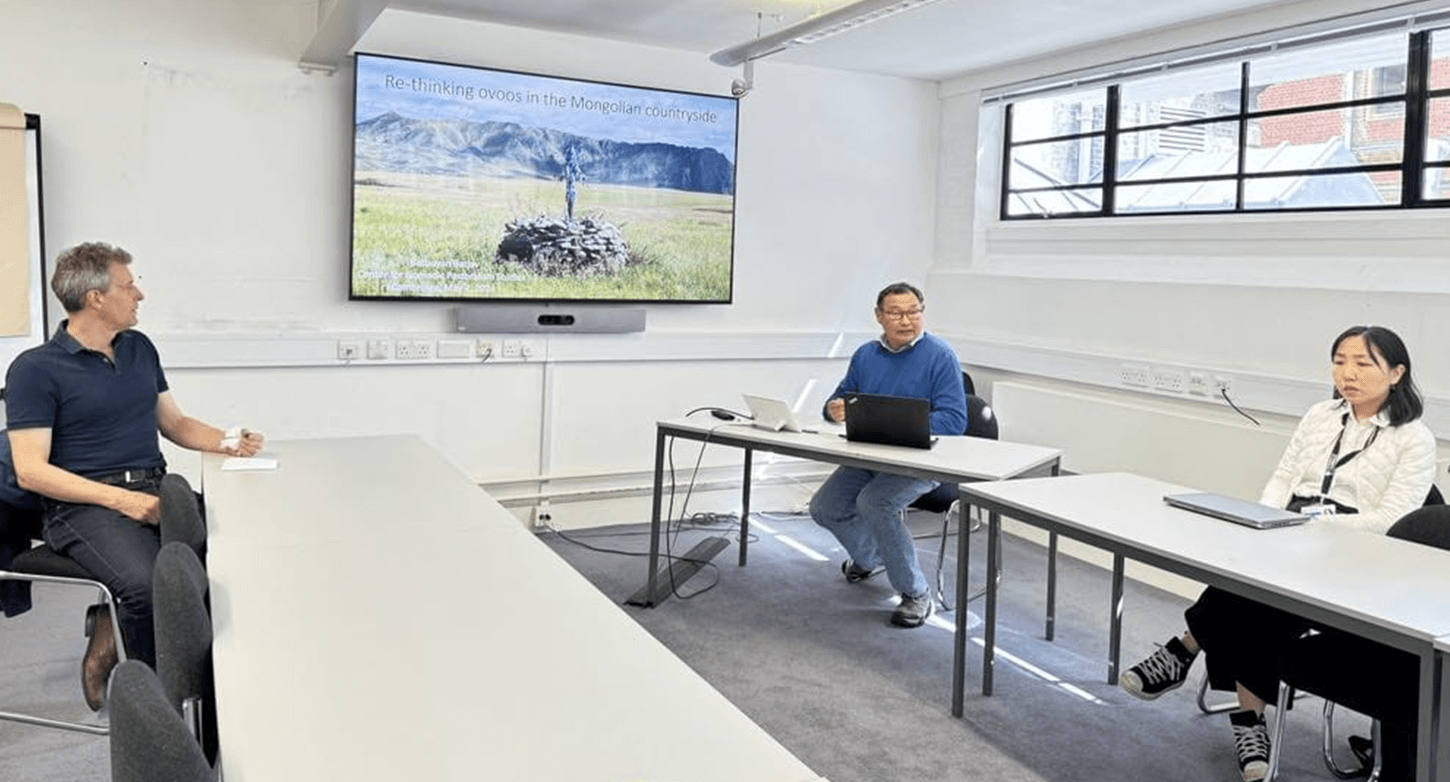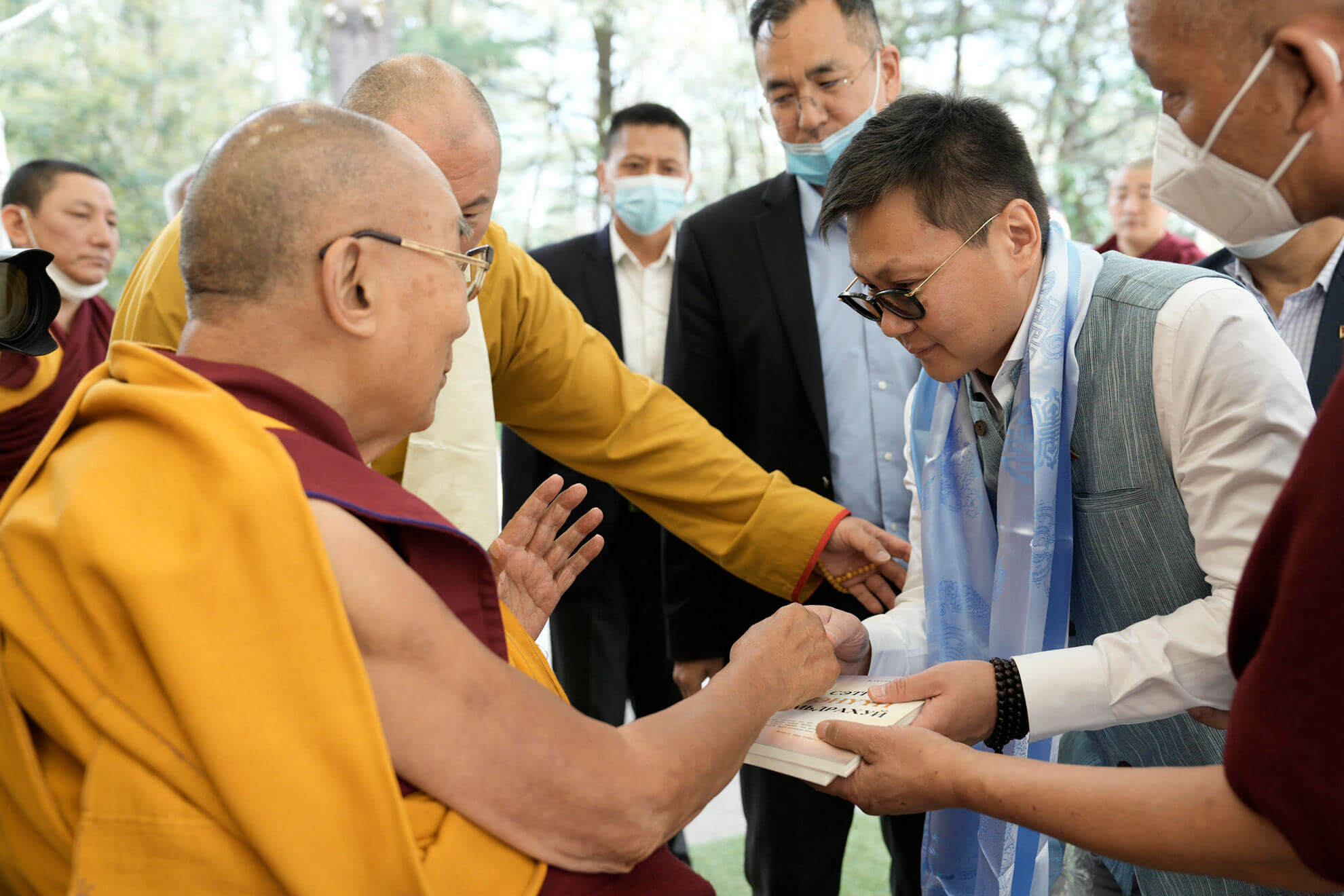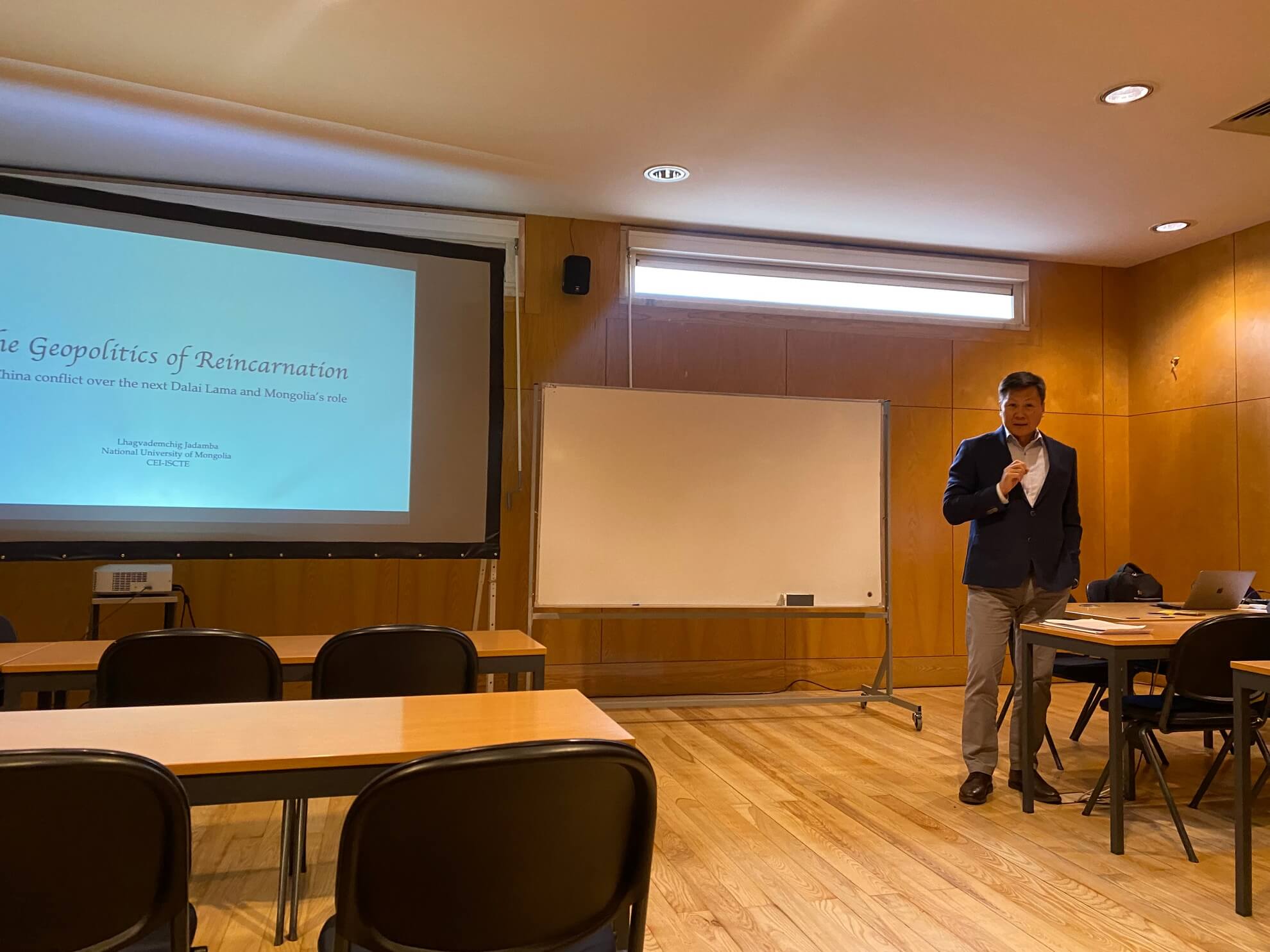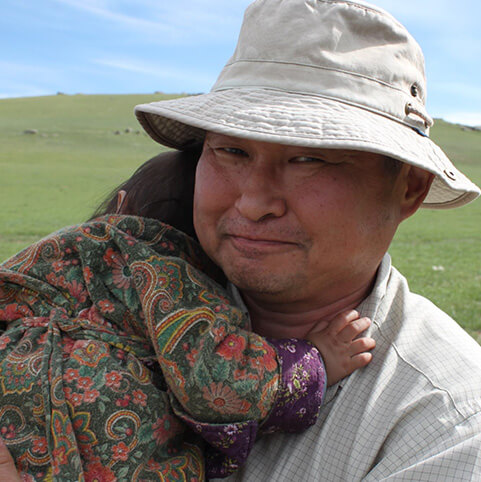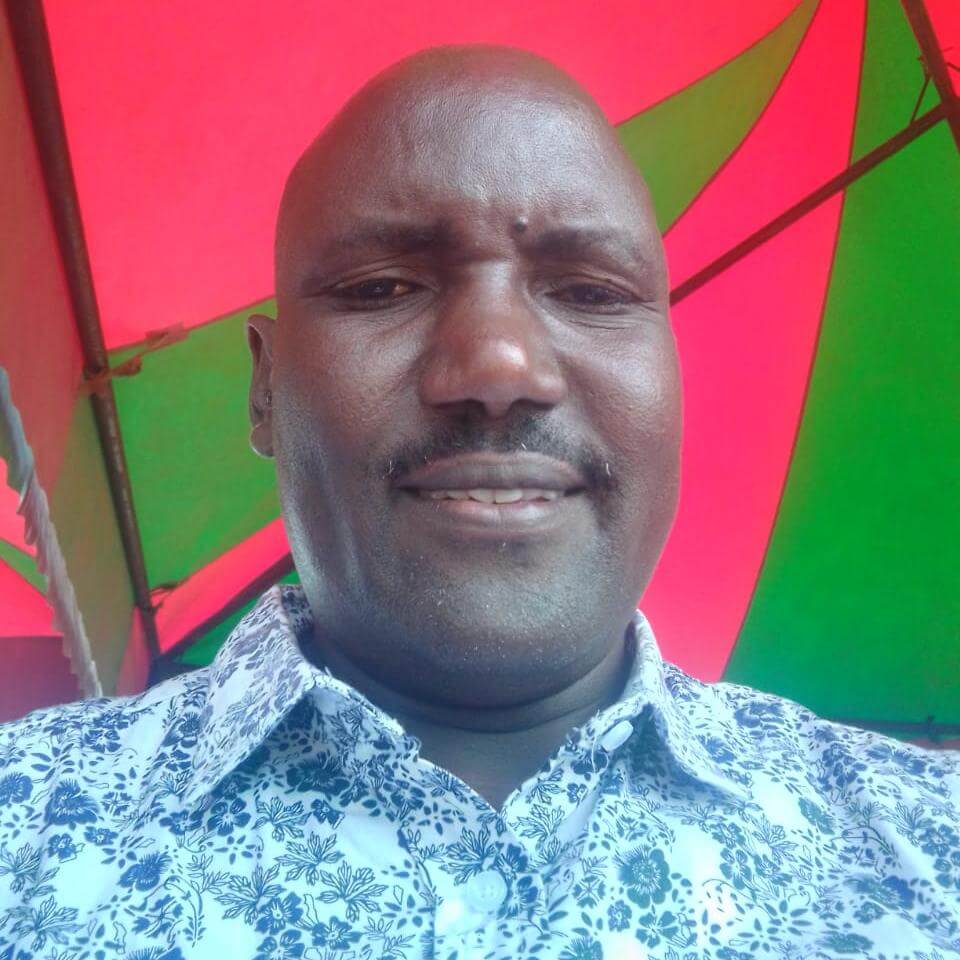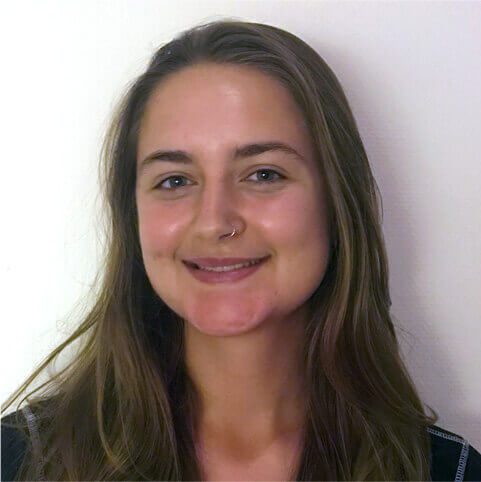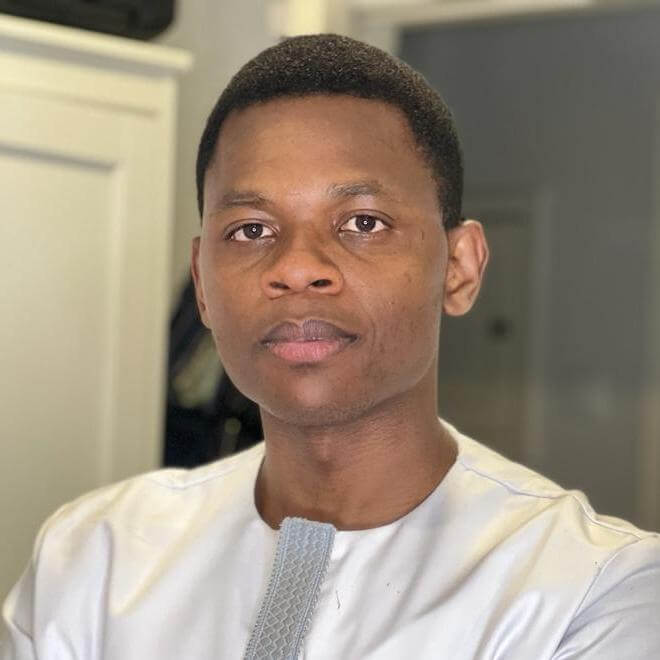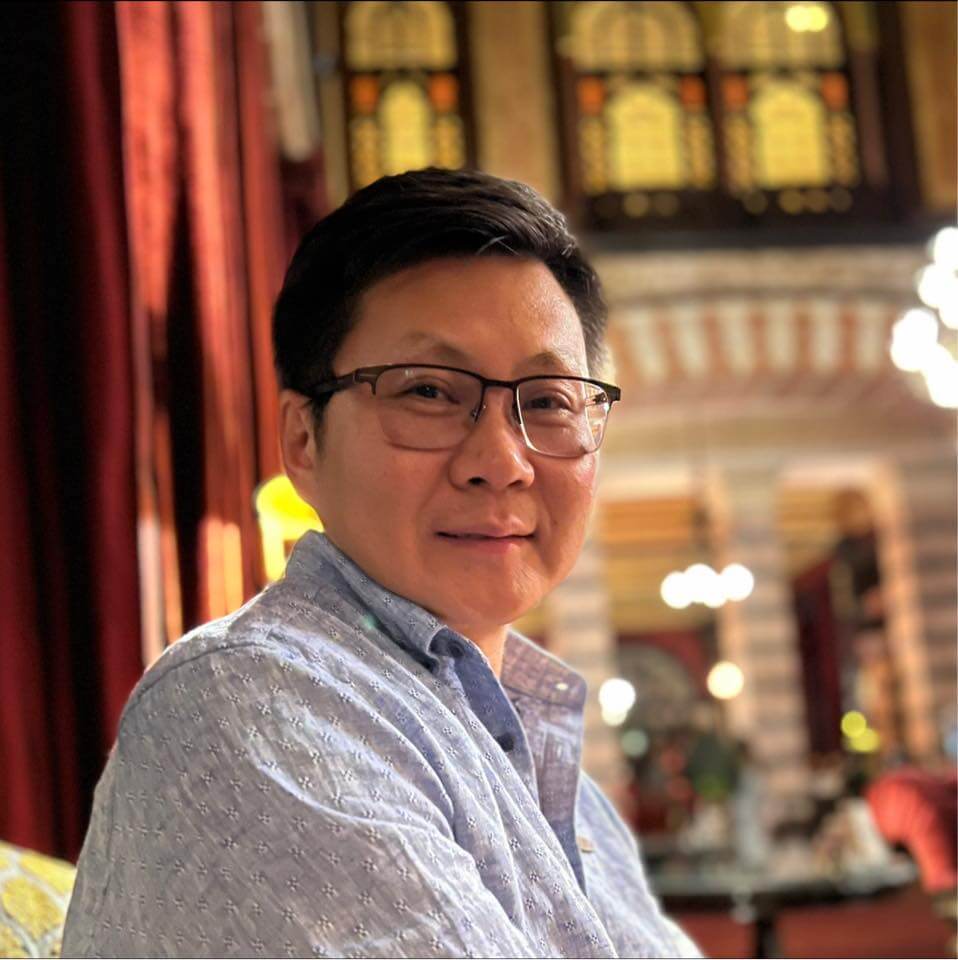Troy Sternberg, Joana Roque de Pinho,
Batbuyan Batjav
ABSTRACT: The developing field of Mongolian International Studies offers a diverse range of research topics. A review of recent articles reflects an emphasis on geo-politics, particularly evolving relations with its superpower neighbours. Whilst state-to-state engagement with China and Russia predominates, regional countries (Japan, Korea) and the US and Europe are examined within the ‘Third Neighbour’ policy. Trade and economics are also studied, from Oyu Tolgoi and mining to the role of the IMF and international agencies. Currently lacking is a focus on human-driven engagement that reflects Mongolian livelihoods, spirituality and community environments. Such social and cultural dynamics are essential to both pastoral and rural livelihoods and to understanding the nation. In 2020-2022 international academic endeavours enabled Mongolian herder representatives to participate in a global drylands exchange network with dryland residents in thirteen countries. The process provided an exceptional opportunity to present Mongolian perspectives to pastoralists and academics from Africa, the Middle East and Central Asia. This grounded Mongolian livelihoods and situated rural dynamics in a global context. Here we report key engagements and findings as Mongolian herders shared lives and practices in the context of this international pastoral/drylands project. Moving beyond the political/economic rubric, as this project did, delivers a more representative and complete comprehension of Mongolia to the global international studies community.
> PDF Download <

